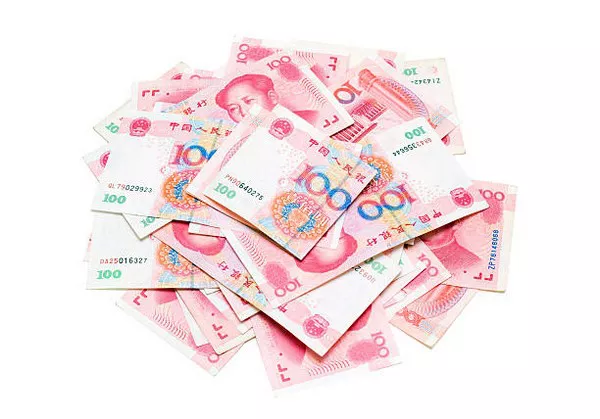In recent years, there has been growing speculation about the future role of the Chinese yuan (also known as the renminbi, or RMB) as a potential challenger to the US dollar’s supremacy in the global financial system. This shift raises fundamental questions about the economic and geopolitical landscape. Here, we explore the factors contributing to this discussion and assess whether the Chinese yuan could indeed replace the US dollar.
1. What are the Current Trends in Yuan Internationalization?
The internationalization of the yuan has been a deliberate strategy of the Chinese government, aiming to enhance the currency’s global standing. Key initiatives include:
Currency Reserves: Central banks and financial institutions have steadily increased their holdings of yuan-denominated assets, diversifying away from the US dollar.
Trade Settlements: The use of yuan in international trade has grown significantly, with China promoting bilateral currency swaps to facilitate direct transactions.
Financial Infrastructure: China has invested in establishing offshore yuan clearing centers and promoting the use of the yuan in global financial markets.
Belt and Road Initiative (BRI): The BRI has further encouraged the use of yuan in regions where China is investing heavily in infrastructure projects.
These efforts reflect China’s strategic vision of a more multipolar global financial system.
2. What are the Challenges Facing the Yuan’s Global Adoption?
Despite its progress, the yuan faces several obstacles in achieving widespread internationalization:
Capital Controls: China’s strict capital controls limit the free flow of yuan and hinder its use in global financial transactions.
Financial Reform: The need for further financial liberalization, including increased convertibility of the yuan, remains a barrier to its broader acceptance.
Market Confidence: Concerns persist about the transparency and stability of China’s financial markets, affecting global confidence in the yuan.
Geopolitical Factors: Political tensions and trade disputes can impact the willingness of international actors to adopt the yuan as an alternative reserve currency.
Addressing these challenges will be crucial for the yuan’s sustained global expansion.
3. How Does the Yuan Compare to the US Dollar in Terms of Reserve Currency Status?
The US dollar has long held a dominant position as the world’s primary reserve currency due to several advantages:
Liquidity: The US dollar remains the most liquid and widely accepted currency for global transactions, providing stability and confidence in financial markets.
Rule of Law: The US legal system and financial institutions are trusted globally, contributing to the dollar’s status as a safe haven asset.
Economic Size and Influence: The size and depth of the US economy, along with its role in global trade, support the dollar’s reserve currency status.
Historical Precedent: The dollar’s entrenched role in global finance creates inertia that is difficult to overcome.
While the yuan has made significant strides, it still lags behind the dollar in these critical dimensions.
4. Can China’s Economic Ascendancy Boost the Yuan’s Global Role?
China’s rapid economic growth and expanding influence in international trade have fueled optimism about the yuan’s future:
Trade Expansion: China’s emergence as a major trading partner for many countries increases the demand for yuan-based transactions.
Investment Flows: As China opens up its financial markets, foreign investment in yuan-denominated assets is likely to rise.
Diversification: Countries seeking to reduce reliance on the US dollar may increasingly turn to the yuan as an alternative.
Financial Innovation: China’s development of digital currency and blockchain technology could further enhance the yuan’s appeal.
However, sustaining this trajectory requires continued economic reform and international cooperation.
5. What Implications Would a Yuan-Dominated Financial System Have?
A shift towards yuan dominance would have profound implications for the global financial landscape:
Geopolitical Realignment: A more multipolar currency system could reshape global economic alliances and power dynamics.
Financial Stability: Diversification away from the dollar could enhance stability by reducing the risks associated with a single dominant currency.
Market Dynamics: Increased use of the yuan could influence interest rates, inflation, and investment patterns worldwide.
Policy Coordination: Enhanced international coordination would be necessary to manage a more complex currency ecosystem.
Ultimately, while the Chinese yuan has made notable strides towards becoming a global currency, replacing the US dollar remains a complex and long-term proposition. Geopolitical shifts, economic reforms, and global cooperation will all play pivotal roles in shaping the future of the international monetary system.


